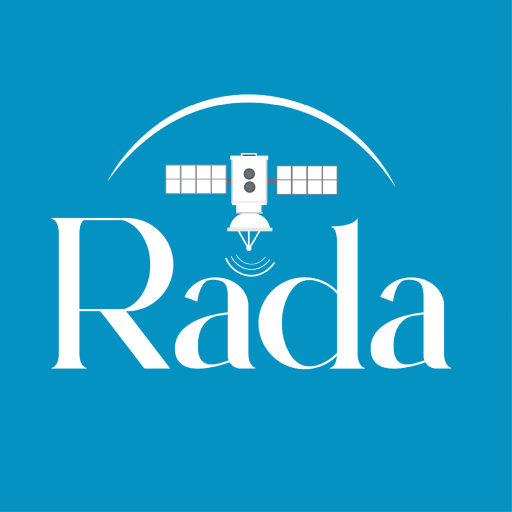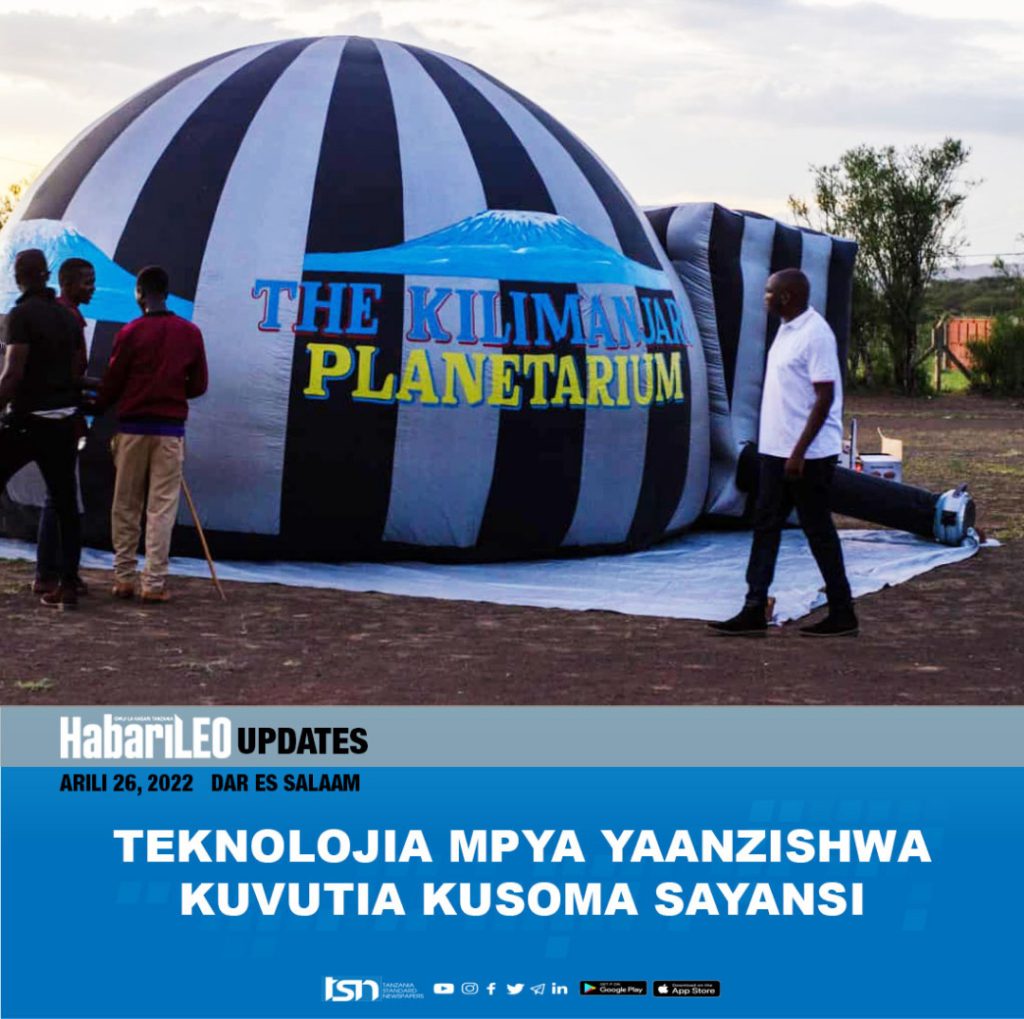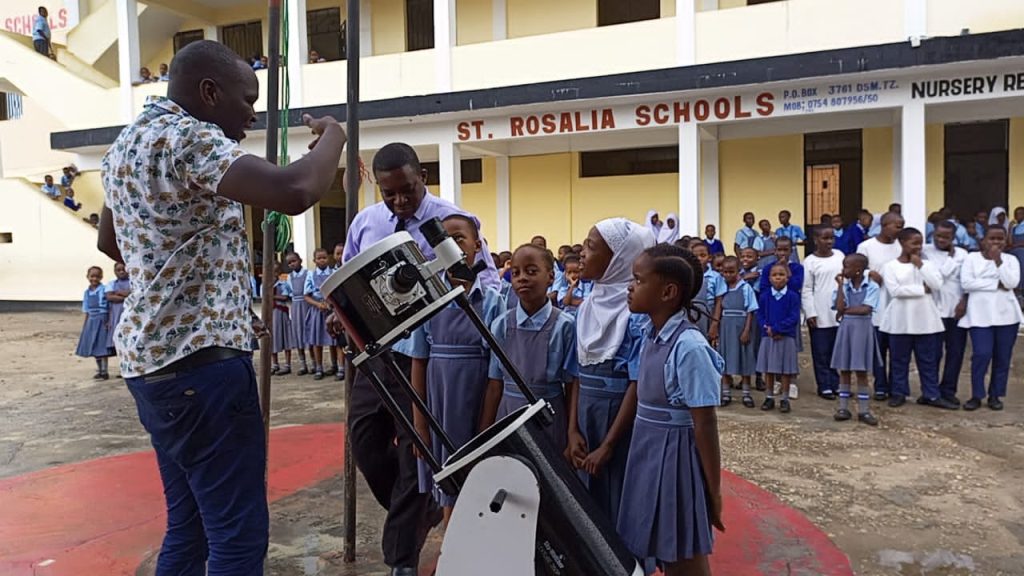Kilimanjaro Planetarium: Building Tanzania’s Road to Space
Last week, Space in Africa reported on President Samia’s plans to launch Tanzania’s first satellite. The advancement will transform environmental analysis. It may also improve surveillance and deliver high-speed internet throughout the country.
The presidential announcement is the first of its type. Tanzania, despite its youth, has begun to rise.
Satellite technology will allow corporations to acquire real-time data and assist the government in handling calamities. It will also strengthen telecommunications across the country, resulting in a stronger digital economy.
Nonetheless, the future of Tanzania’s space and satellite business rests with private sector partners. Alternatively, perhaps the country requires a separate space agency staffed by our best physics, biology, and engineering teams. The sooner entrepreneurs see this, the faster they will position the country to capitalize on Africa’s $20 billion space industry.
Tanzania, like everyone else, must start somewhere. And what better way to get started than by motivating the generation that will shape the nation’s final frontier? We are in capable hands!
The Kilimanjaro Planetarium is Tanzania’s first astronomy facility. The STEM program uses a mobile dome and telescope to entice youngsters to pursue careers in space science and technology.
It also has a high-altitude balloon, which allows students to collect data on weather patterns and atmospheric conditions. This unique opportunity allows youth to acquire hands-on experience in meteorology and data analysis.

People of all ages can also study astronomy in Kilimanjaro’s artificial night sky. When you visit the Planetarium, you can see images of planets, stars, and other celestial bodies. While laid-back, guests are shown moon journeys, Origin of Life films, and astronaut videos projected on the dome-shaped ceiling.
“The main goal of the Kilimanjaro Planetarium is to inspire people to believe in themselves and pursue their dreams,” says founder Musa Mishamo. Astronomy’s worth is always people-centered and emotionally charged. A single visit to the planetarium can change your outlook on life for the better.
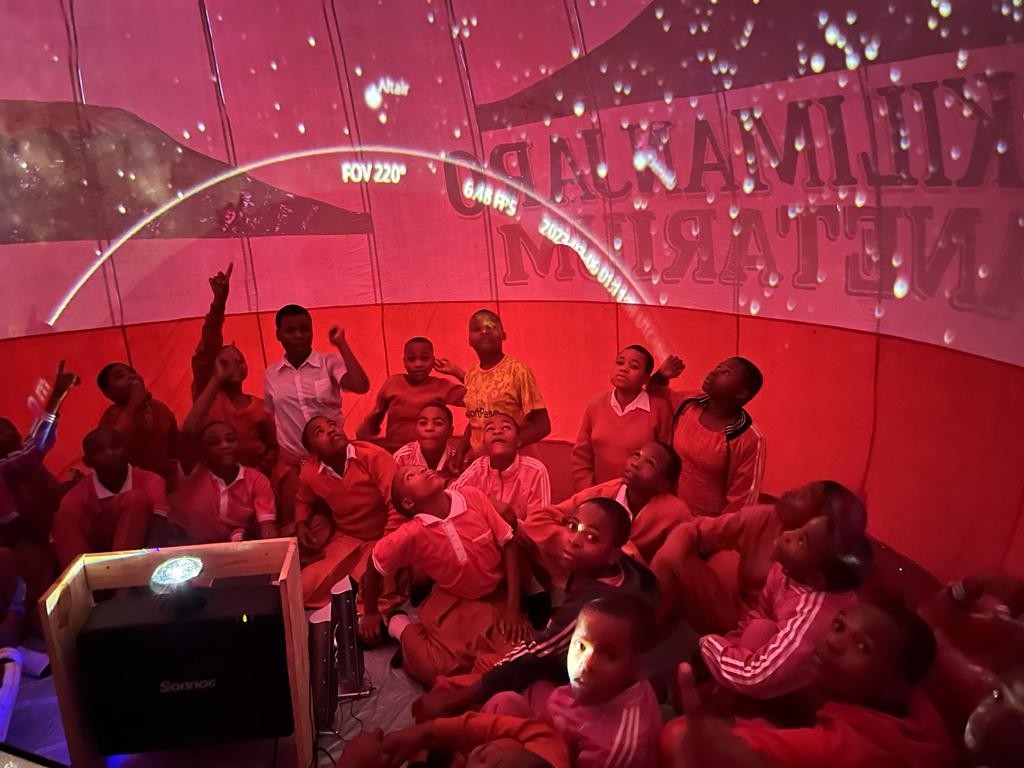
Mishamo aspires to inspire young people to pursue science, produce ideas, and make discoveries. “We teach people the story of Earth’s creation and provide entertainment while they think about achieving their life goals,” he says. Online, the Kilimanjaro Planetarium doubles as an education giant, serving as Tanzania’s first space news outlet.
It recently announced the Tanzania Space Talk, a virtual gathering that focused on ‘Space for STEM Education and Impact in Daily Life.’
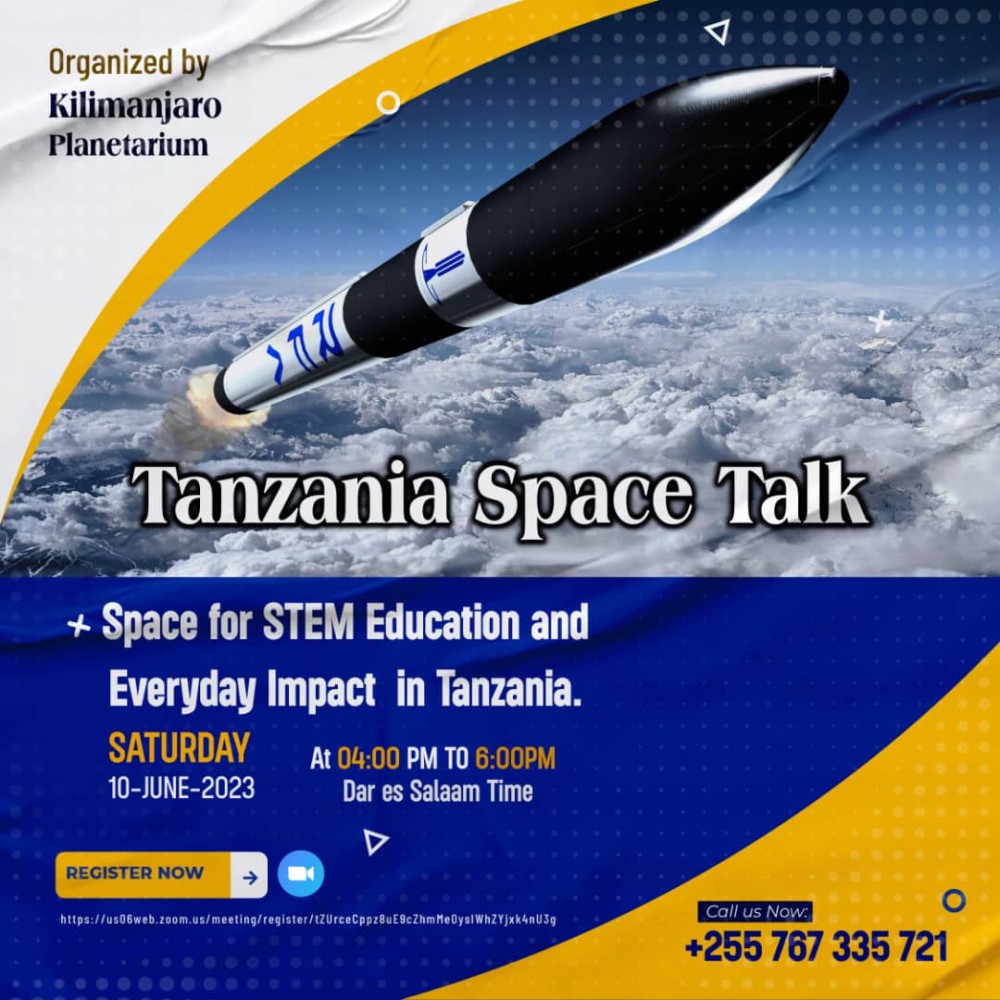
Participants learn how space technology improves agriculture, communication, weather monitoring, resource management, and disaster response in Tanzania. “The Talk,” according to Mishamo, “engages experts and educators to uncover the transformative potential of space-based solutions.”
Kilimanjaro Planetarium: Building Tanzania’s Road to Space
The Planetarium also provides science parks with astronomy classes, which are often missed due to a lack of equipment and trainers. Mishamo and his team conducted school outreach to provide a thorough introduction to astronomy, particularly for Tanzanian A-level students.
Earlier this year, the team brought its planetarium to Arusha Science School, and before that, to Mbozi. This initiative, however, does not end with educational operations.
The Kilimanjaro Planetarium offers immense potential for Tanzania to lead the African space race. It is looking into product innovation prospects in GIS (global information systems), early-warning systems, and post-disaster assessment. All of these business models, and others, will have clear benefits for Tanzanians and may attract venture financing to the start-up.
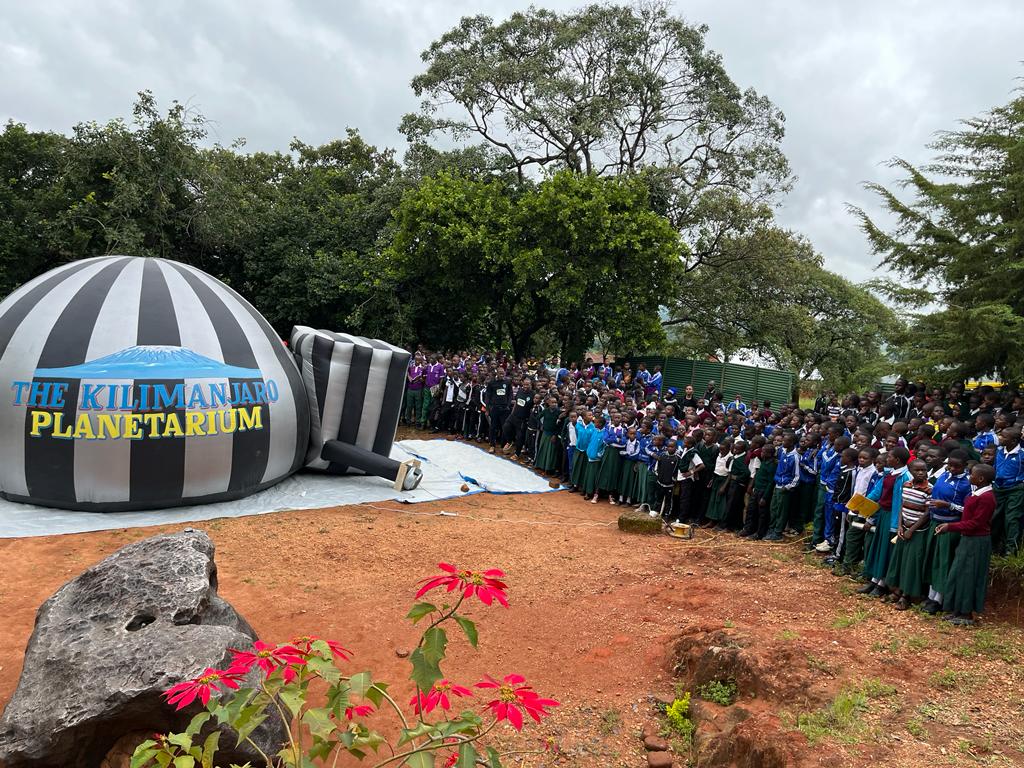
And because Tanzania lacks a space agency, members of the Planetarium will help establish Tanzanian astronomy. So let us all join hands to assist Musa Mishamo and his team. They intend to train the first generation of Tanzanian astronomers and space entrepreneurs.
The Kilimanjaro Planetarium will shape Tanzania’s future. In outer space!
I am thrilled to introduce the Kilimanjaro Planetarium, founded by MUSA MISHAMO! It uses a mobile dome, telescope, and high-altitude balloon to create the first generation of Tanzanian astronomers and space entrepreneurs. Mishamo’s mission aligns with President Samia’s plans for Tanzania to launch its first satellite and become a leader in the African space race.
Published by Isai Mathias
